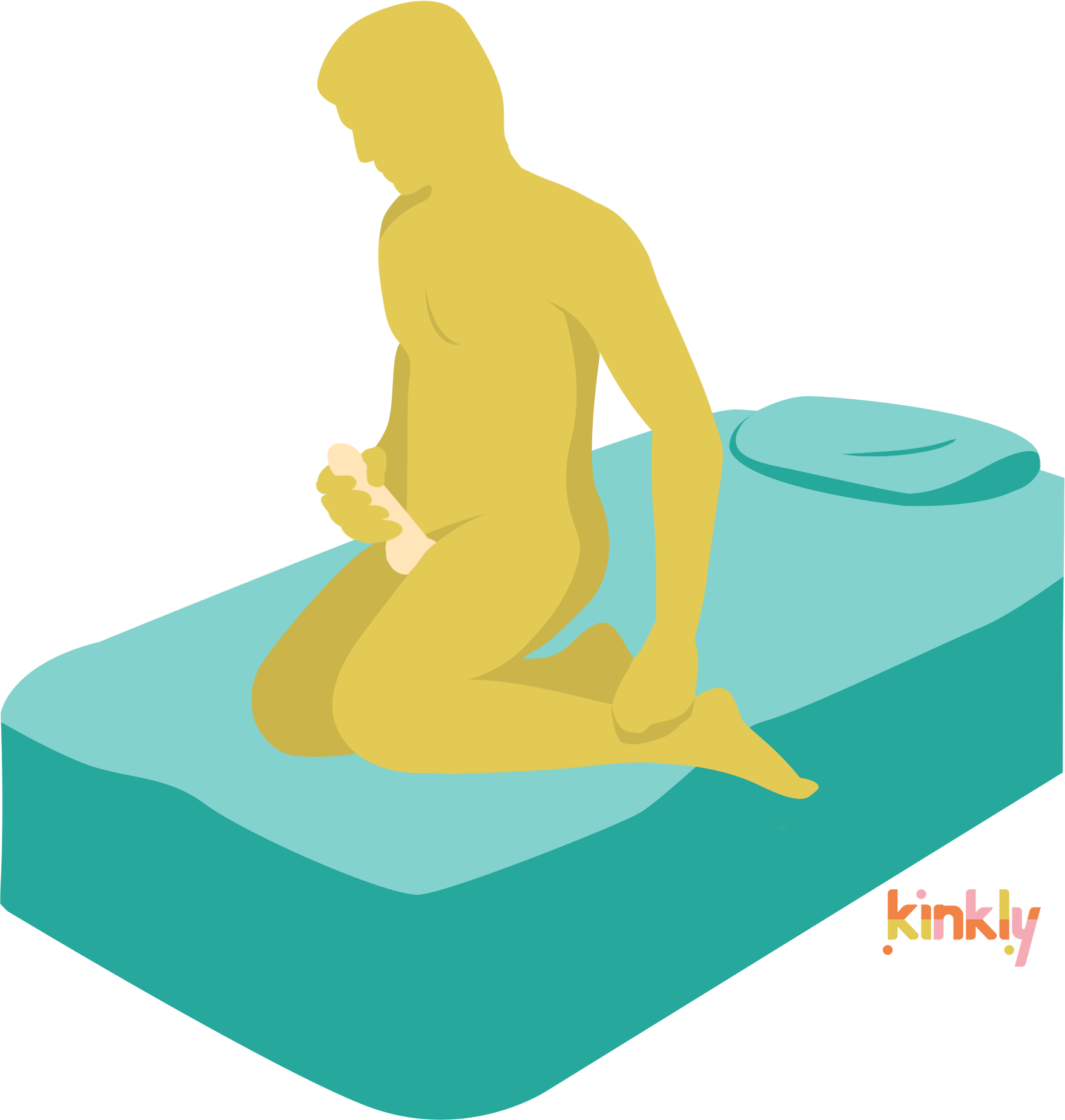Also known as a "period," menses is the (typically monthly) flow of blood and mucosal tissue that results from the shedding of the uterine lining in women who are not pregnant. This flow travels from the uterus, through the vaginal canal, and ultimately out of the vagina.
While the word may be used interchangeably with "menstruation," menses specifically refers to the physical flow while menstruation refers to the time when that flow occurs.
More About Menses
Menses is a key part of the menstrual cycle. That cycle includes several bodily changes which occur monthly and which are necessary for women to conceive or become pregnant. The menstrual cycle has three parts: The follicular phase includes menstruation, when menses leaves the body. This is triggered by a lowering of estrogen and progesterone levels and the growth of new follicles. The ovulatory phase or ovulation is when an egg is released from the follicles. Finally, the luteal phase is when the uterus builds up a lining as it prepares to receive a fertilized egg. If a fertilized egg is not present, the cycle begins again at the follicular phase.


















